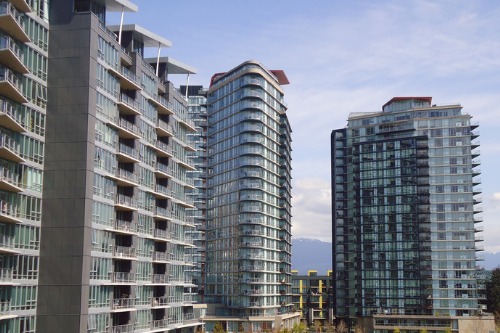The market is still labouring under a considerably short inventory of rental units, however

Policies aimed at forcing condo investors in Vancouver to rent out their apartments seem to be working, observers say.
Data from the Canada Mortgage and Housing Corporation showed that over the past year alone, more than 11,000 condos entered the rental market, considerably outstripping the roughly 9,000 newly completed apartments during that period.
Downtown Vancouver was even more inflamed, with 3,000 condo units entering the rental market compared to the mere 300 new units built.
Much of the activity stems from robust population increases, along with a booming high-technology sector hungry for thousands of skilled professionals.
“If demand increases faster than supply, you’re still behind. And we’re still in a pretty big hole, region-wide,” Vancouver mathematician and housing statistics analyst Jens von Bergmann told The Globe and Mail.
Other market stimulants were “lower mortgage rates, first-time buyer incentives and population growth boosted by international migration,” Central 1 deputy chief economist Bryan Yu wrote at the time, as quoted by Western Investor.
Fortunately, the combination of several strict policies means that any existing inventory can answer this demand, rather than remain unoccupied. These policies include the Vancouver empty homes tax, the Vancouver limits on Airbnb rentals, and the BC speculation tax.
“It is absolutely significant. We haven’t seen numbers like that before,” Vancouver assistant director of housing policy Dan Garrison said of the sheer volume of rental condos injected into the market’s supply chain last year. “There could be other explanations in the investor climate, but this to us is a hopeful sign.”
“We did not see the same increase in Victoria and Kelowna,” CMHC spokesman Eric Bond added.



